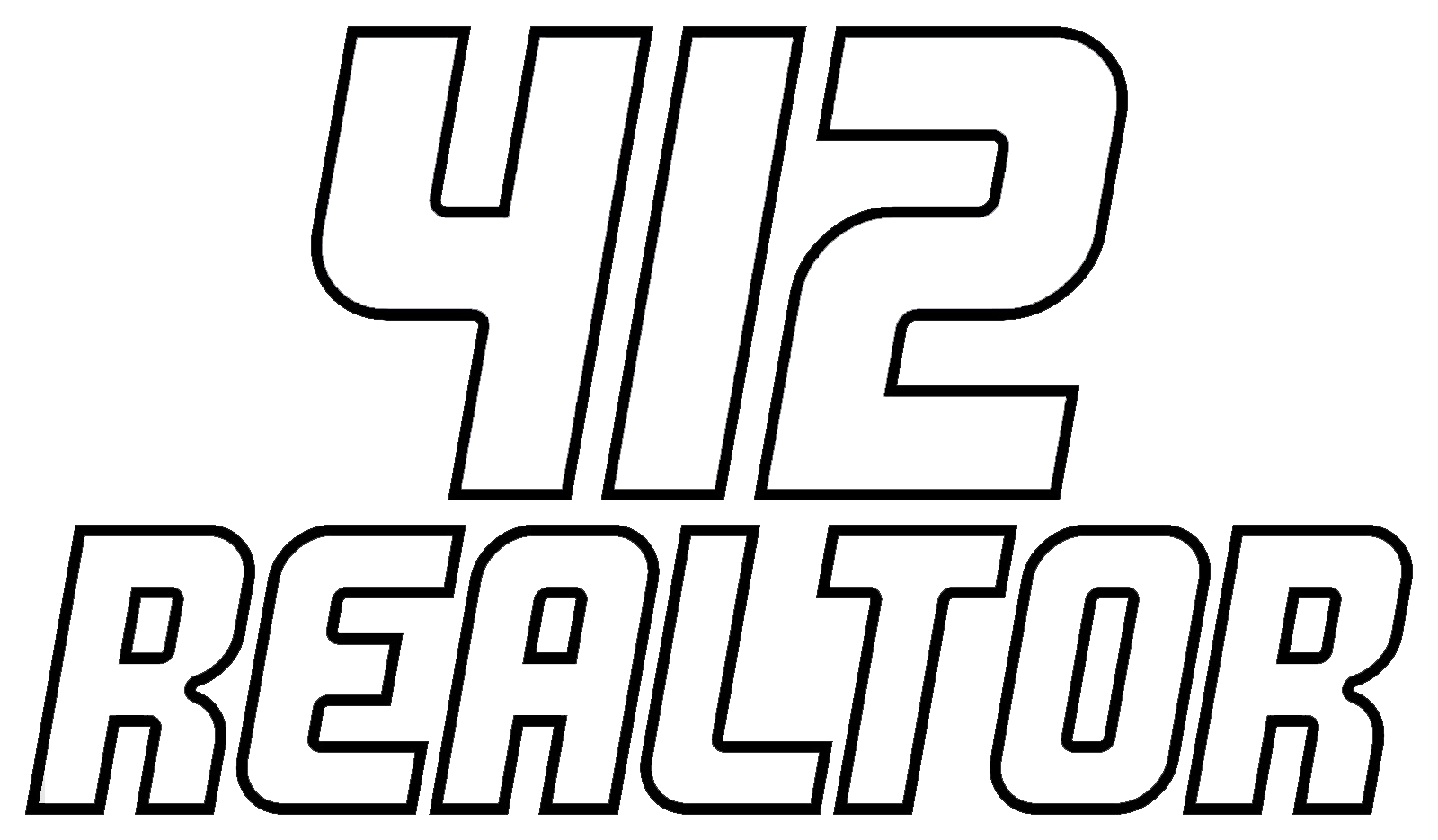Buying a home is an emotional journey. You walk through the front door and picture your future—family dinners, morning routines, maybe a dog running around the backyard. But while your heart may fall in love with a property, your wallet needs a second opinion.
That’s where the home inspection comes in.
Often overlooked or rushed through, the home inspection is not just a formality—it’s one of the most powerful tools a buyer has to make an informed decision. Whether you’re a first-time buyer or a seasoned homeowner, understanding the value of this process can save you from unexpected costs, emotional stress, and even a bad investment.
What Is a Home Inspection?
A home inspection is a thorough visual evaluation of a property’s condition, conducted by a licensed professional. It typically takes place after a seller accepts your offer and before closing.
During the inspection, the professional assesses key systems and components such as:
- Structural integrity
- Electrical and plumbing systems
- HVAC (heating, ventilation, and air conditioning)
- Roof condition
- Attic and insulation
- Foundation and drainage
- Built-in appliances
- Safety features (e.g., smoke detectors, handrails)
Afterward, you’ll receive a detailed report, often with photos and repair recommendations.
Why Are Home Inspections So Important?
1. They Reveal What You Can’t See
Homes—especially well-staged ones—can look perfect during a tour. But behind the fresh paint and clean floors may lurk issues like:
- Termite damage
- Water leaks or mold
- Cracked foundations
- Outdated wiring
- Roof damage
An inspector helps uncover these hidden issues before you’re stuck dealing with them yourself.
2. They Can Save You Thousands
Skipping a $300–$600 inspection might seem like a shortcut, but it could cost you tens of thousands later. An inspection gives you the chance to find out about costly problems before you close.
3. They Give You Negotiation Power
If major issues are found, you can:
- Request the seller make repairs
- Ask for a price reduction
- Negotiate credits at closing
- Back out of the deal (if you have an inspection contingency)
4. They Protect You Emotionally and Financially
Falling in love with a house can cloud your judgment. A home inspection brings objectivity back into the process and helps ensure you’re making a sound investment—not just an emotional one.
What Does a Home Inspection Typically Include?
| Area | Common Issues Revealed |
|---|---|
| Roof | Leaks, damaged shingles, poor drainage |
| Foundation | Cracks, moisture intrusion, settling |
| Plumbing | Leaks, corroded pipes, low water pressure |
| Electrical | Outdated wiring, overloaded circuits |
| HVAC | Inefficiency, age-related wear |
| Windows/Doors | Broken seals, draftiness, difficulty opening |
| Attic/Basement | Moisture, poor insulation, pest issues |
| Exterior | Damaged siding, poor grading, gutter issues |
What’s Not Included in a Standard Inspection?
A typical inspection is visual only. It will not include:
- Opening walls or floors
- Testing for radon, asbestos, or mold (unless requested)
- Evaluating pools, septic tanks, or outbuildings (unless specified)
However, you can request specialty inspections for:
- Termite or pest infestation
- Radon or mold testing
- Sewer line scope
- Chimney and fireplace evaluation
Final Thoughts: Don’t Skip It
In competitive markets, some buyers consider waiving the inspection to win a bidding war. While this may strengthen your offer, it also increases your risk—especially with older homes.
If you’re investing hundreds of thousands in a home, don’t gamble on its condition.
A home inspection offers:
- Clarity about the home’s true condition
- Negotiating power
- Protection from hidden costs
- Peace of mind
Pro Tip: Attend the Inspection
If possible, go to the inspection yourself. You’ll learn how the home functions, understand potential issues better, and have the chance to ask the inspector questions in real time. It’s one of the best learning opportunities you’ll have as a buyer.
Ready to Buy Smart?
Partnering with a knowledgeable real estate agent and a reliable home inspector can make all the difference. Whether you’re just starting your home search or preparing to close, a thorough inspection is a crucial step to protect your future investment.
Need a referral for a trusted inspector? Want more home buying tips?
Let’s talk!




